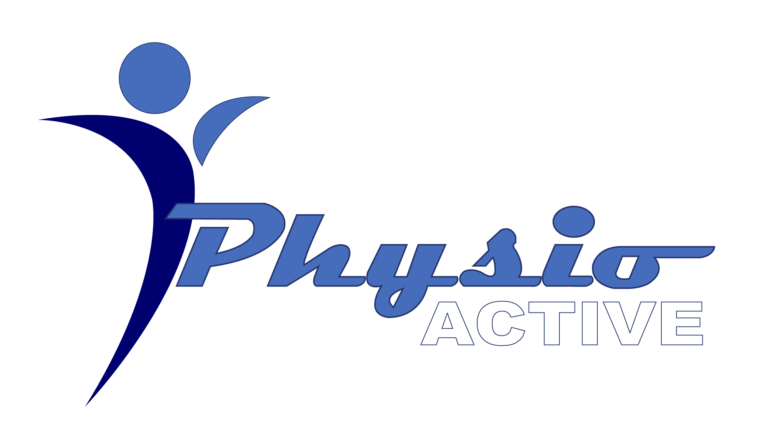Weight Loose Excercise
Physiotherapy can play a supportive role in weight loss efforts by promoting physical activity, improving overall fitness, and addressing any underlying musculoskeletal issues that may affect mobility and exercise tolerance. Here are some ways in which physiotherapy can contribute to weight loss:
Exercise Prescription: A physiotherapist can design a tailored exercise program that suits your specific needs and goals. This may include a combination of cardiovascular exercises, strength training, and flexibility exercises. The physiotherapist will take into consideration your current fitness level, any medical conditions, and any musculoskeletal limitations to create a safe and effective exercise plan.
Motivation and Accountability: A physiotherapist can provide support, motivation, and guidance throughout your weight loss journey. They can help you set realistic goals, track your progress, and make adjustments to your exercise program as needed. Having a healthcare professional to hold you accountable and provide ongoing encouragement can greatly increase your chances of success.
Education on Healthy Lifestyle Habits: Physiotherapists can provide education on healthy lifestyle habits, including proper nutrition, hydration, and sleep. They can also offer guidance on behavior modification techniques to help you make sustainable changes in your daily routines.
Posture and Movement Assessment: A physiotherapist can assess your posture and movement patterns to identify any imbalances or limitations that may affect your ability to exercise effectively. They can then provide corrective exercises and techniques to improve alignment, stability, and movement efficiency, which can enhance the effectiveness of your workouts and reduce the risk of injuries.
Pain Management: If pain or discomfort is a barrier to exercise, a physiotherapist can help manage and alleviate pain through various techniques such as manual therapy, therapeutic exercises, and modalities like heat or cold therapy. By addressing pain, you’ll be better able to engage in physical activity and maintain a consistent exercise routine.
Functional Training: Physiotherapists can incorporate functional training exercises into your program, which simulate movements and activities relevant to your daily life. This can help improve your ability to perform everyday tasks with greater ease and efficiency, leading to increased calorie burn and overall physical fitness.
Monitoring and Progression: A physiotherapist can monitor your progress and make appropriate adjustments to your exercise program as you gain strength and endurance. This ensures that you continue to challenge yourself and achieve ongoing improvements in your fitness level.




